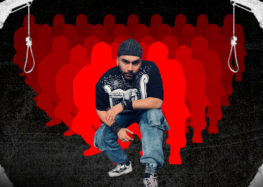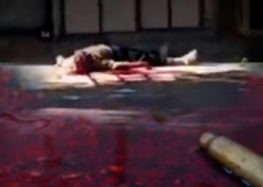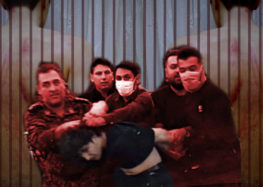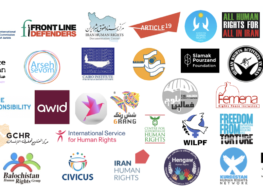Kurdish Activists Detained for Protesting Killing of Border Couriers
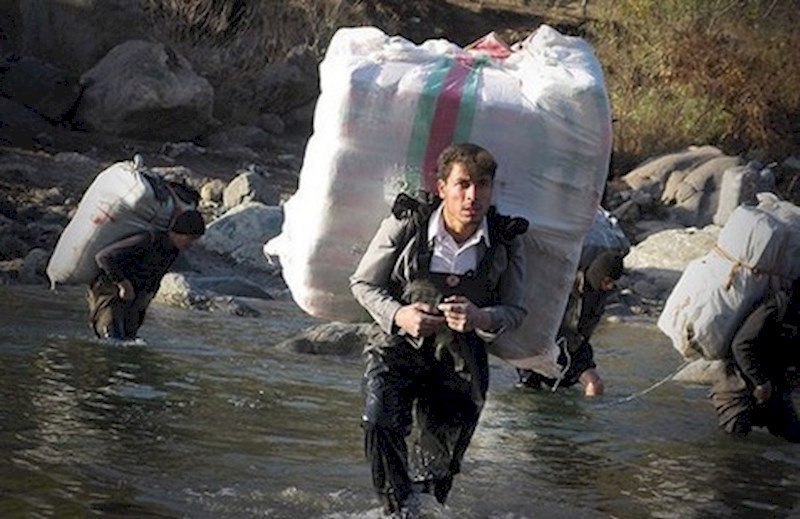
Six Kurdish artists and activists are being detained in Dizelabad Prison in Iran’s Kermanshah Province for protesting the latest killing by Iranian border guards of “kulbars,” the Persian word for border-crossing couriers, a source close to the detainees told the Center for Human Rights in Iran (CHRI).
Author and translator Shahriar Rostami, poet and social justice activist Farzad Sehfahrah, author and literary critic Foad Mozaffari, musician Arsalan Abbasi, and social justice activist Shahriar Tahmasebi were detained by police on September 7, 2017, for organizing a rally in Kermanshah’s Koodak Park (Children’s Park) to condemn the killings of two kulbars three days earlier.
Social justice activist Rasoul Sayyadian was also detained on September 20 in connection with the same rally. His home in the village of Sayyadian, near Gilan-e Gharb in Kermanshah Province, was searched and some of his personal belongings were confiscated, added the source.
“The detainees are being deliberately kept in jail without having a chance to seek bail because the authorities want them to suffer,” said the source, a local civil rights activist who spoke with CHRI on condition of anonymity.
Kulbars Ghader Bahrami (45) and Heydar Faraji (21) were shot and killed by a border guard unit near the city of Baneh in Iran’s Kurdistan Province as they were transporting goods by foot through a mountainous trail near Iran’s border with Iraq on September 4.
Kulbars are forced into the dangerous work out of necessity. High unemployment has forced them to brave the elements and conduct unofficial cross-border trade between Iran and Iraq for minimal income
The killings sparked several protests in cities in the region by people seeking an end to the killing of kulbars. On September 5, dozens of people clashed with security forces in front of the local governor’s office.
Iranian border guards have the authority to open fire on unauthorized kulbars and their beasts of burden as they navigate narrow paths in harsh mountain terrain in the border region between the towns of Qasr-e Shirin and Khoy along Iran’s northwestern borders with Iraq and Turkey. The economically depressed region is predominantly populated by ethnic Iranian Kurds.
At least 92 kulbars were killed in 2016, a 27 percent increase compared to the previous year. Border guards killed forty of the victims, according to the Kurdistan Human Rights Network (KHRN).
In its report, “Dangerous Borders: Documenting the Killings of Couriers in Iran’s Western Provinces,” CHRI called on the Iranian government to stop border guards from using lethal force against the impoverished and vulnerable kulbars and provide them legal status.


